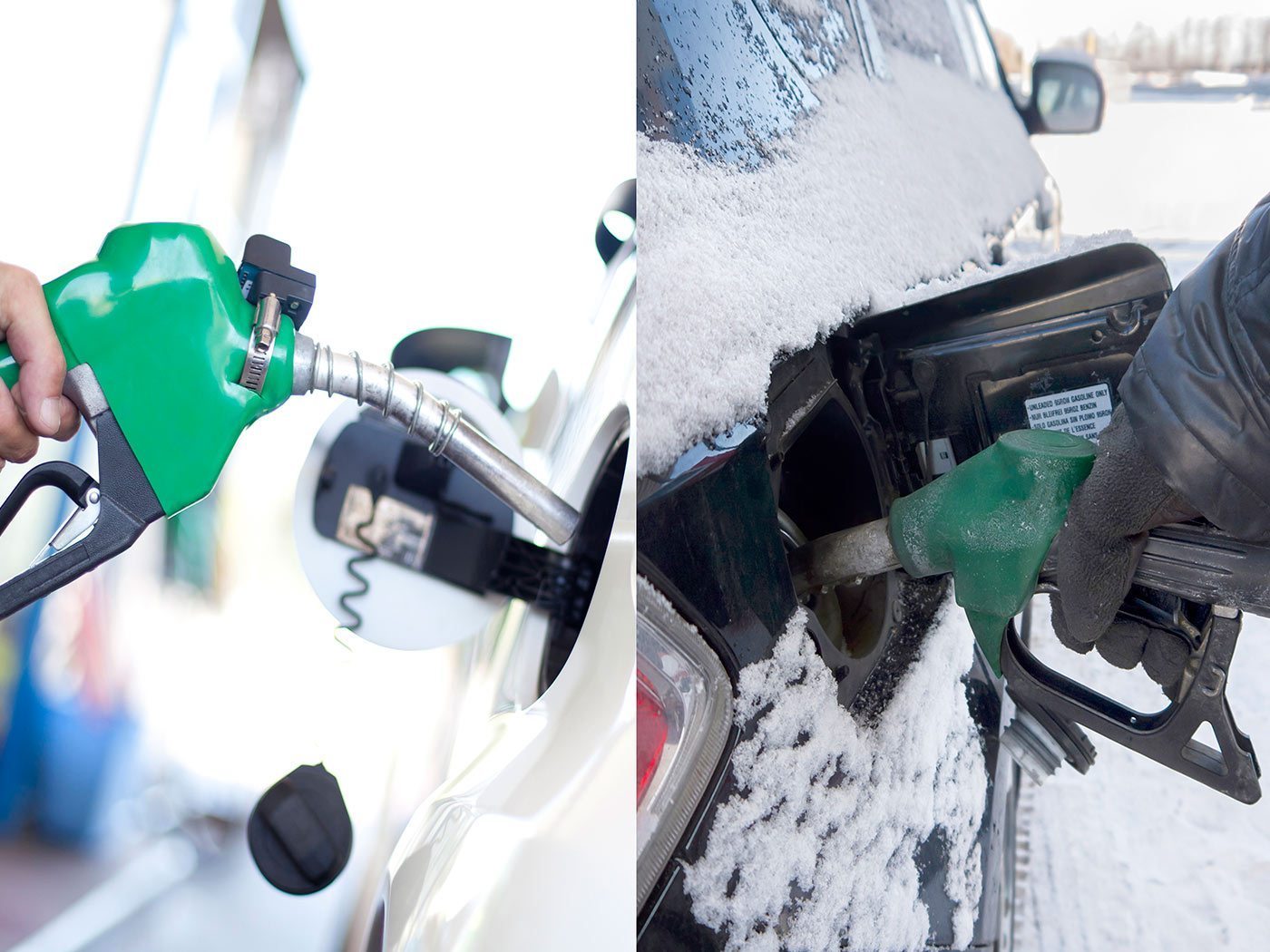What to Know About Gasoline Blends: Summer Vs. Winter
Gas prices tend to be lower in winter, but the reason why evaporates when warmer weather arrives.
 iStock
iStock
Every spring, news reports announce gas refineries are down for maintenance while transitioning from winter-blend to summer-blend gasoline, and soon after prices at the pump go up several cents a gallon. When fall rolls around, the opposite occurs, and prices come down slightly. Why is there a change, and why can’t we just continue using the cheaper winter blend?
Reid Vapor Pressure
The difference involves the fuel’s Reid Vapor Pressure (RVP), which is a measure of how easily the fuel evaporates at a given temperature. Winter-blend gas has a higher RVP because the fuel must be able to evaporate at low temperatures for the engine to operate properly. Summer-blend gas has a lower RVP to prevent excessive evaporation when outside temperatures rise. That evaporation can cause vapor lock in an engine on hot days and contributes to unhealthy ground-level ozone and smog levels.
It’s All About Butane, More or Less
Summer-blend gas contains 2 percent butane, but that percentage is higher in the winter blend. Butane is used as lighter fluid and is a secondary ingredient in fuel canisters used for gas grills and camping. As a fuel, butane is less expensive than other gasoline components, but its high volatility limits how much can be included in summer-grade fuel.
Better MPG in Summer
Even though prices are slightly higher for summer blend fuel—because it contains less butane—the summer blend contains 1.7 percent more energy than the winter blend. As a result, your gas mileage should be a little higher in the summer months to offset some of the added cost you pay at the pump.
Reformulated Gasoline
Certain regions of the United States that are more prone to smog require cleaner reformulated gasoline (RFG), which meets even stricter limits on volatility than gasoline sold in other parts of the country. Among the regions requiring RFG are the state of California, the area around Chicago, and parts of the Northeast and New England.
AAA makes it easier for you to stay on the road and plan ahead, just visit AAA’s gas cost calculator.
Read MoreThe Bottom Line
The best way to minimize the effect of summer-blend gasoline on your wallet—and the environment—is to drive a vehicle that gets superior gas mileage and employ driving habits that conserve fuel:
- Keep tires properly inflated.
- Avoid rapid acceleration and braking.
- Use cruise control on the highway when it’s safe to do so.